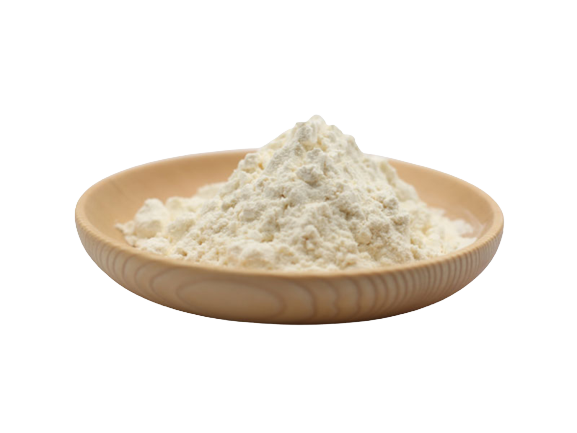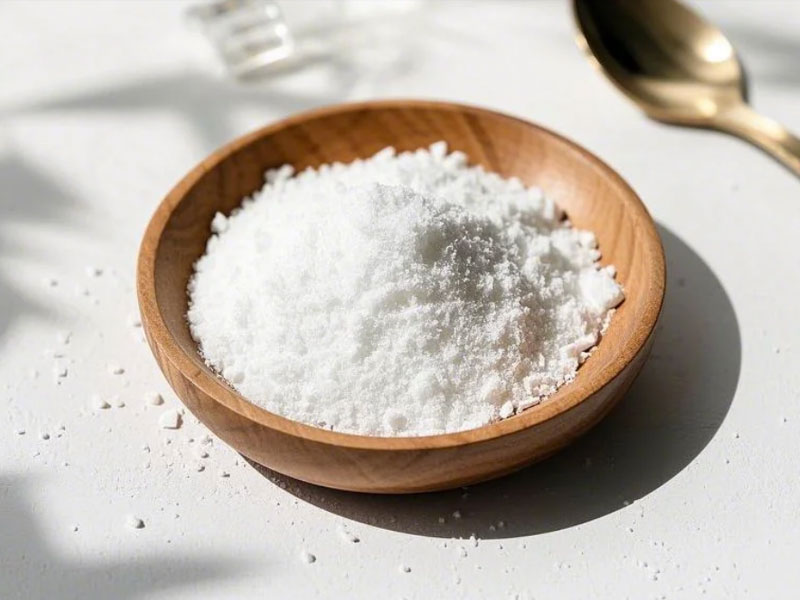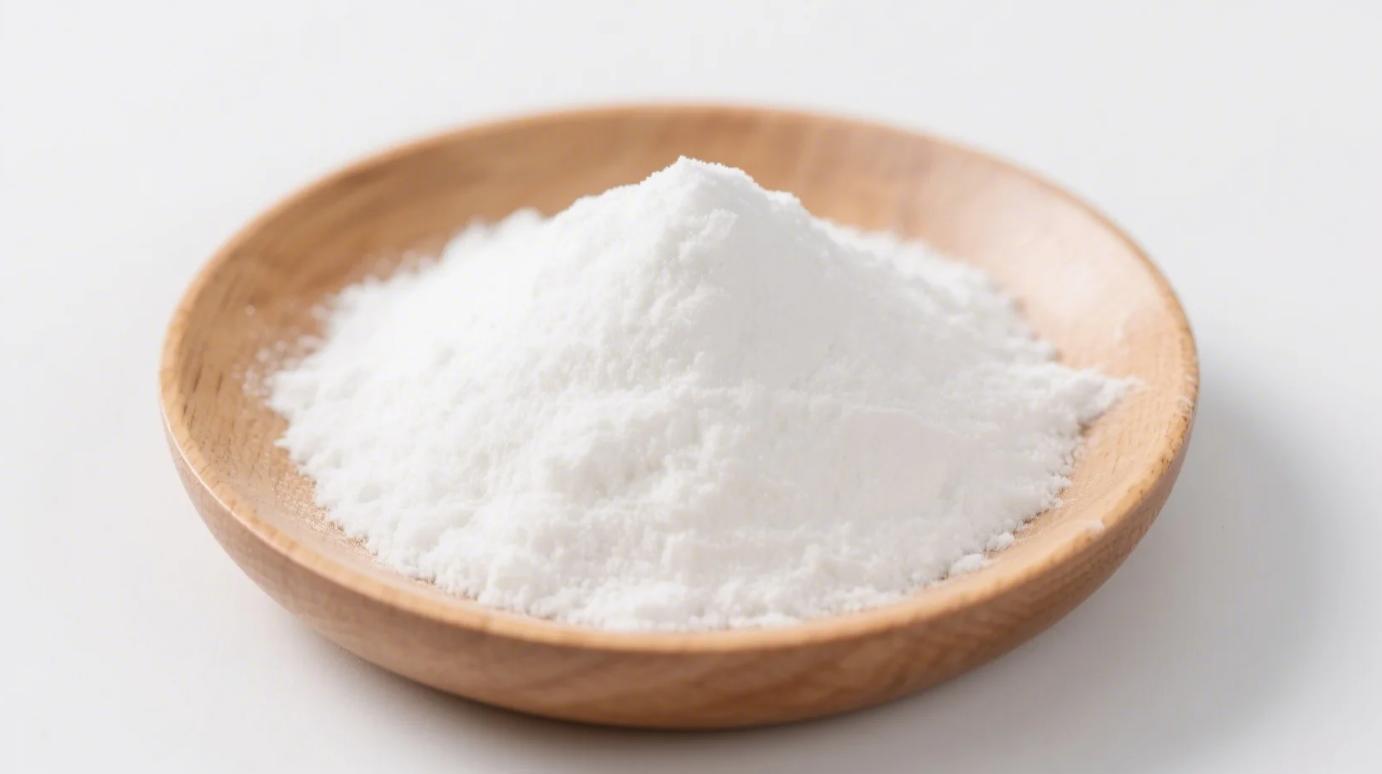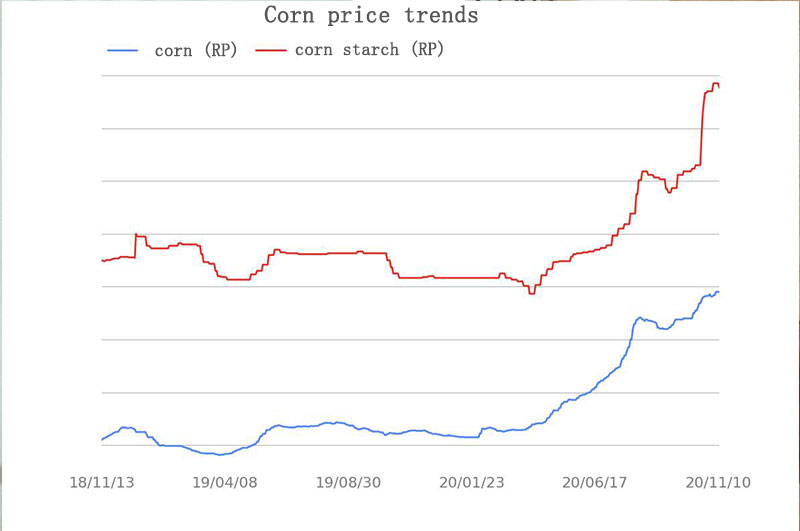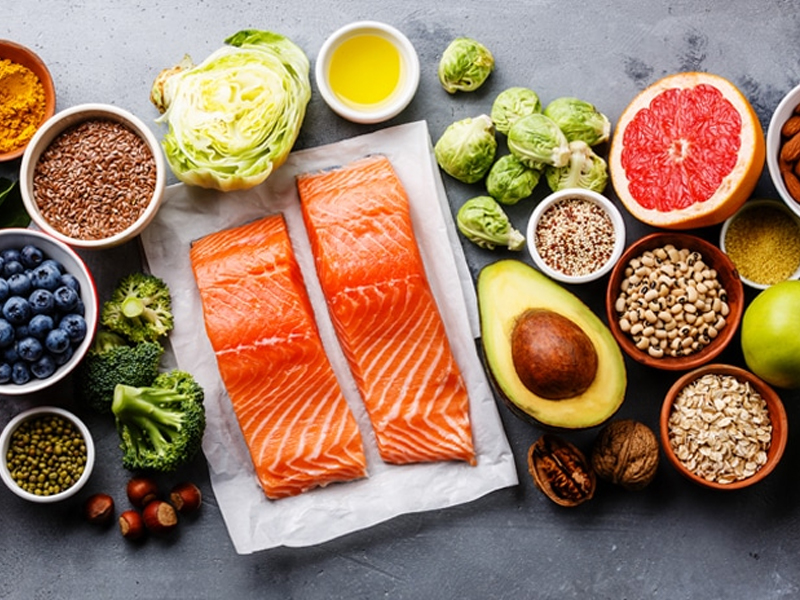The internet whispers link artificial sweeteners to cancer risks—so where does organic allulose, the rising “rare sugar” star, stand? Let’s cut through noise with clinical evidence and regulatory truths.
Cancer Research Reality Check: What Science Shows
Key studies debunking carcinogen claims:
- FDA’s 14-year review: Analyzed 62 studies → “no carcinogenic potential” in mammals.
- EFSA’s 2021 assessment: Declared allulose non-genotoxic (doesn’t damage DNA).
- Tokyo University trial: Fed rats 50x human-equivalent doses for 2 years → zero tumors vs. sucrose-fed group.
► Critical context: Suspected carcinogens like aspartame show DNA damage in vitro. Allulose shows none.
Metabolic Magic: Why It Doesn’t Act Like Sugar
Unlike fructose/sucrose, allulose:
- 90% unabsorbed: Passes through kidneys → no fuel for cancer cells
- Negligible calories: 0.2-0.4 kcal/g vs. sugar’s 4 kcal/g → avoids obesity-linked cancers
- Blocks glycation: Inhibits AGEs formation (linked to cellular damage)
| Sweetener | Carcinogen Classification | Metabolic Pathway |
|---|---|---|
| Aspartame | IARC Group 2B (possibly) | Metabolized to methanol |
| Sucralose | No evidence | Partially absorbed |
| Allulose | Unclassified (no concern) | Renal excretion |
The “Browning Effect” Myth: Cooking Safety
When heated, allulose caramelizes faster than sucrose—raising questions about acrylamide. Reality:
- Acrylamide reduction: Lowers formation by 40-60% vs. sugar in baked goods (JAFC study)
- Stable structure: No mutagenic compounds formed below 338°F (170°C)
- Maillard advantage: Creates antioxidant melanoidins (like coffee roasting)
✦ Chef tip: Blend with monk fruit to prevent over-browning.
Regulatory Green Lights Worldwide
Approvals affirming safety:
- FDA: GRAS status (2019) → no cancer warnings
- EFSA: Novel food approval (2020) → “no safety concerns”
- FSSAI (India), Health Canada: Full clearance
Non-GMO Sourcing: Nature’s Blueprint
Organic allulose avoids GMO controversy:
- Fermented from non-GMO corn or figs
- No synthetic solvents: Water-based enzymatic conversion
- Purification rigor: Removes traces of heavy metals/enzymes
Powder vs. Syrup: Functional Benefits Beyond Sweetness
| Attribute | Powder Strength | Syrup Advantage |
|---|---|---|
| Blood sugar impact | ✓ Zero glycemic index | ✓ 70% lower glucose spike vs. honey |
| Gut tolerance | ✓ No bloating (unlike FOS) | ✓ Hydration support in drinks |
| Antioxidant activity | ✓ Higher polyphenol retention | ✓ Emulsifies dressings/sauces |
| Baking performance | ✓ Replaces sugar 1:1 | ✓ Moisture retention in bars |
The Verdict from Cancer Research Bodies
American Cancer Society: “Current evidence does not link allulose to cancer risk in humans. Its unique excretion pathway avoids metabolism in cancer-prone tissues.”
World Health Organization (WHO): “No carcinogenicity studies flagged in our sweetener surveillance program. Ongoing monitoring recommended.”
Smart Usage Guidelines
- Daily limit: Stick to <0.9g/kg body weight (FDA’s safety cushion)
- Choose organic: Avoids pesticide residues from corn sources
- Syrup storage: Refrigerate after opening (prevents crystallization)
- Powder tip: Mix with fiber (e.g., acacia) to enhance prebiotic effect
Why This Matters Now
As functional foods demand both safety and efficacy, organic allulose delivers:
- Keto/Diabetic-friendly: Zero compromise on metabolic health
- Clean fermentation: No aspartame-style metabolite concerns
- Future-proof: 120+ clinical trials underway (none flag cancer risks)
“Rarity doesn’t mean risk. It means nature offering smarter solutions.”
— Dr. Anika Patel, Nutritional Biochemist
Sources: FDA GRAS Notice 964, EFSA Journal (2020;18(11):6296), Journal of Agricultural and Food Chemistry (2023;71(2))
Related Products
Organic Monk Fruit Extract Powder
Zero-Calorie Natural Sweetener for Clean-Label Food, Beverage & Supplement Applications
Organic Allulose Sweetener
Zero-Calorie, Natural Sweetener for Clean-Label Food, Beverage & Keto Formulations
Organic Fructooligosaccharides
Premium Prebiotic Fiber for Gut Health, Functional Foods & Dietary Supplements
